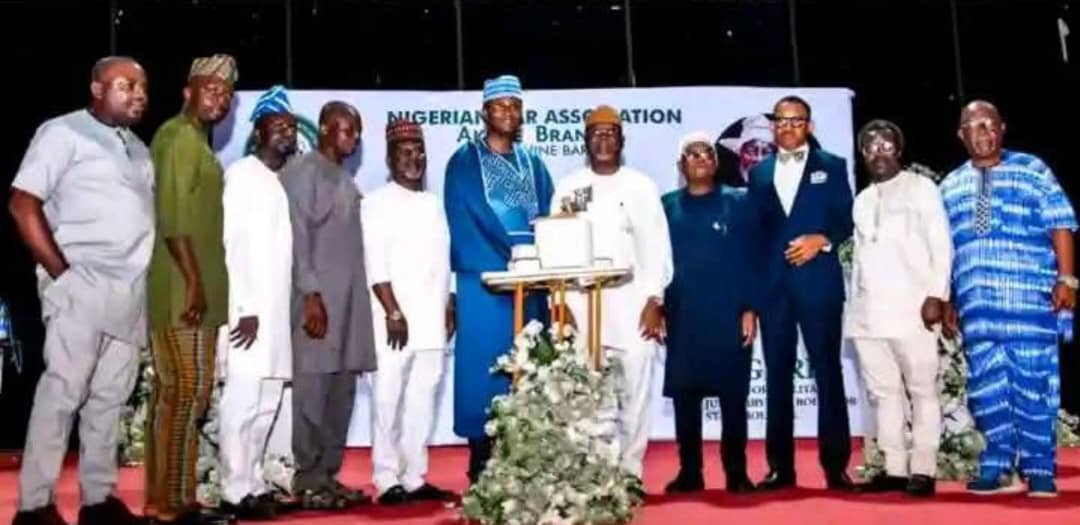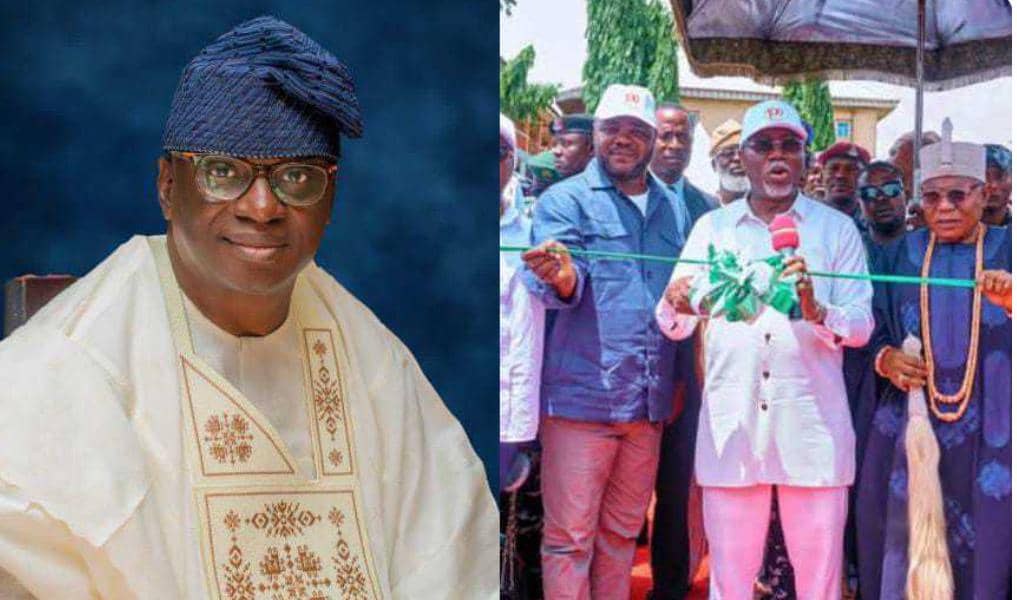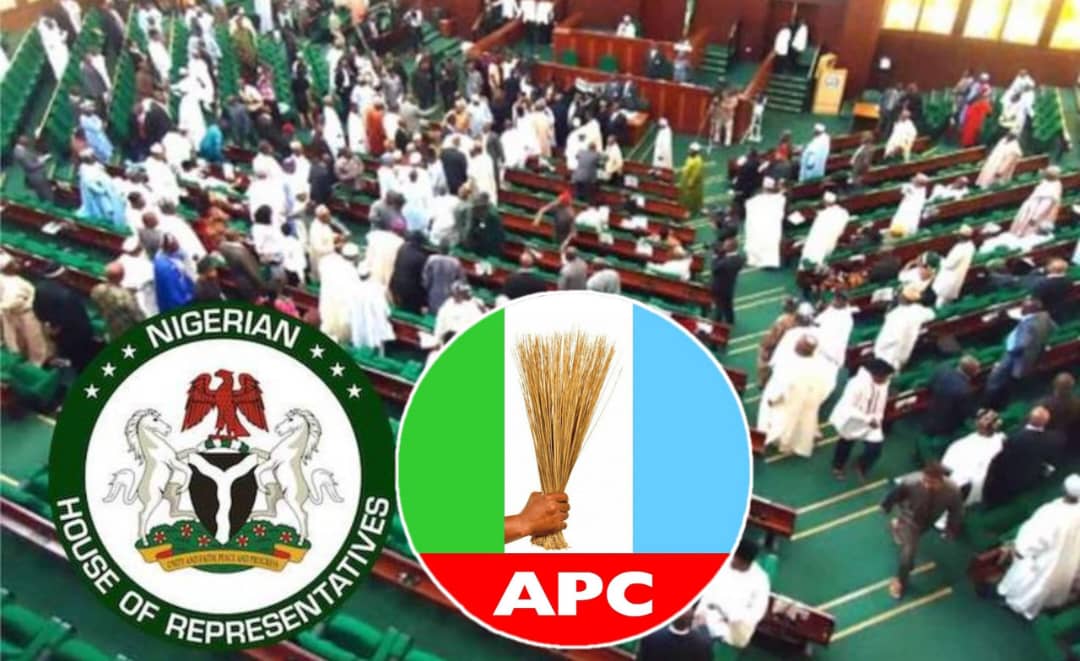STILL ON THE COMPOSITION OF THE LOCAL GOVERNMENT ELECTION TRIBUNAL IN ONDO STATE: AN ADDENDUM
- I have read the rejoinder by the Honourable Attorney -General of Ondo State (Dr. Kayode Ajulo SAN) to my earlier publication on the recent composition of the Local Government Election Tribunal in Ondo State ahead of tomorrow’s election.
- In one breath, Dr. Kayode Ajulo SAN referred to the Local Government System, Establishment and Administration of Local Government Councils of Ondo State, Cap 87, Volume 2, Laws of Ondo State, 2006 in paragraph 3 of the rejoinder as “… the prior legislation” and further claimed that “… the law has been amended …”
- Interestingly, in another breath, the Honourable Attorney-General later boasted in the rejoinder that “I reflect with great pride, on our progress in amending this legislation…”
- It appears that after the earlier unproven claim that the legislation under review has been amended, it is now being suggested that such “amendment” is ongoing and not a completed act. It would be most imprudent of me to say that the Honorable Attorney-General is speaking from both sides of the mouth and prevaricating without hitting the nail on the head. But that is exactly what his rejoinder suggests.
- To begin, the promulgation or amendment of laws in the State is not – and can never be – a clandestine legislative process.
- For instance, the public hearing preceding the promulgation of the Ondo State Property Protection (Anti-Land Grabbing) Law, 2024 created state-wide awareness of the new legislation, as did the amendment of the Ondo State Security Network Agency and Amotekun Corps Law, 2022, and other laws.
- I also know that the legislative process is not an arbitrary or whimsical exercise, but is to be carried out in the manner prescribed and codified in both the Constitution and local laws.
- Instructively, Section 3 of the Laws Authentication, Cap. 79, Volume 2, Laws of Ondo State 2006 requires the Clerk of the House to, amongst other things, authenticate printed copies of any Bill passed by the House of Assembly and present same to the Governor for assent.
- Section 6(3) equally mandates that:
“Laws passed by the Ondo State House of Assembly and assented to by the Governor, shall be dated as of the day on which the assent of the Governor be given…” - Section 8 of the Law is just as compelling. It states that:
“A Law assented to by the Governor shall be published in the State Gazette and shall come into operation on the date of such publication, or, it shall be enacted either in the Law or in some other enactment, (including any enactment in force on the appointed day), that it shall come into operation on some other date, on that date.” - One would have expected the Honorable A.G, in his forceful but unsubstantiated assertion that “the law has been amended”, to answer the following questions, in view of the sensitivity of the issue at stake and its potential to snowball into a serious constitutional crisis:
- When was the public hearing into the Bill conducted?
- When was the amended Law passed by the State House of Assembly?
- When and who assented to the Bill?
- What date did that “amendment” come into force?
- When was the Law published in the State Gazette as required by the Law Authentication Law of Ondo State?
- Where is that Gazette?
- Where is the new Law?
- I also expect that the Honorable A.G ought to have offered a robust response rather than the shallow and condescending input under review which is obviously lacking any legal industry and laden with political undertones.
- If in fact the process to amend the Local Government System, Establishment and Administration of Local Government Councils of Ondo State, Cap 87, Volume 2, Laws of Ondo State, 2006 is “ongoing” as admitted by the Honourable Attorney-General, then I conclude that the extant Law has not been amended and remains in force unless and until the process for its amendment has been fully complied with.
- Unless and until a Bill passed by the State House of Assembly has received the assent of the Governor, such cannot become law or be regarded as such.
- It is also pertinent to state for the record, that public debate on matters or legislations of public interest is healthy and most desirable for the growth, continued existence and survival of any democracy. Citizens should not be vilified for such discussions – even by the worst of politicians – or labelled as “Rooftop advocacy”.
- I advocate that the office of the Honorable Attorney-General should restrict its inputs on such discussions to presentation of the law and facts, and less of political commentary.
Adebayo Solagbade Esq
(Legal practitioner)










